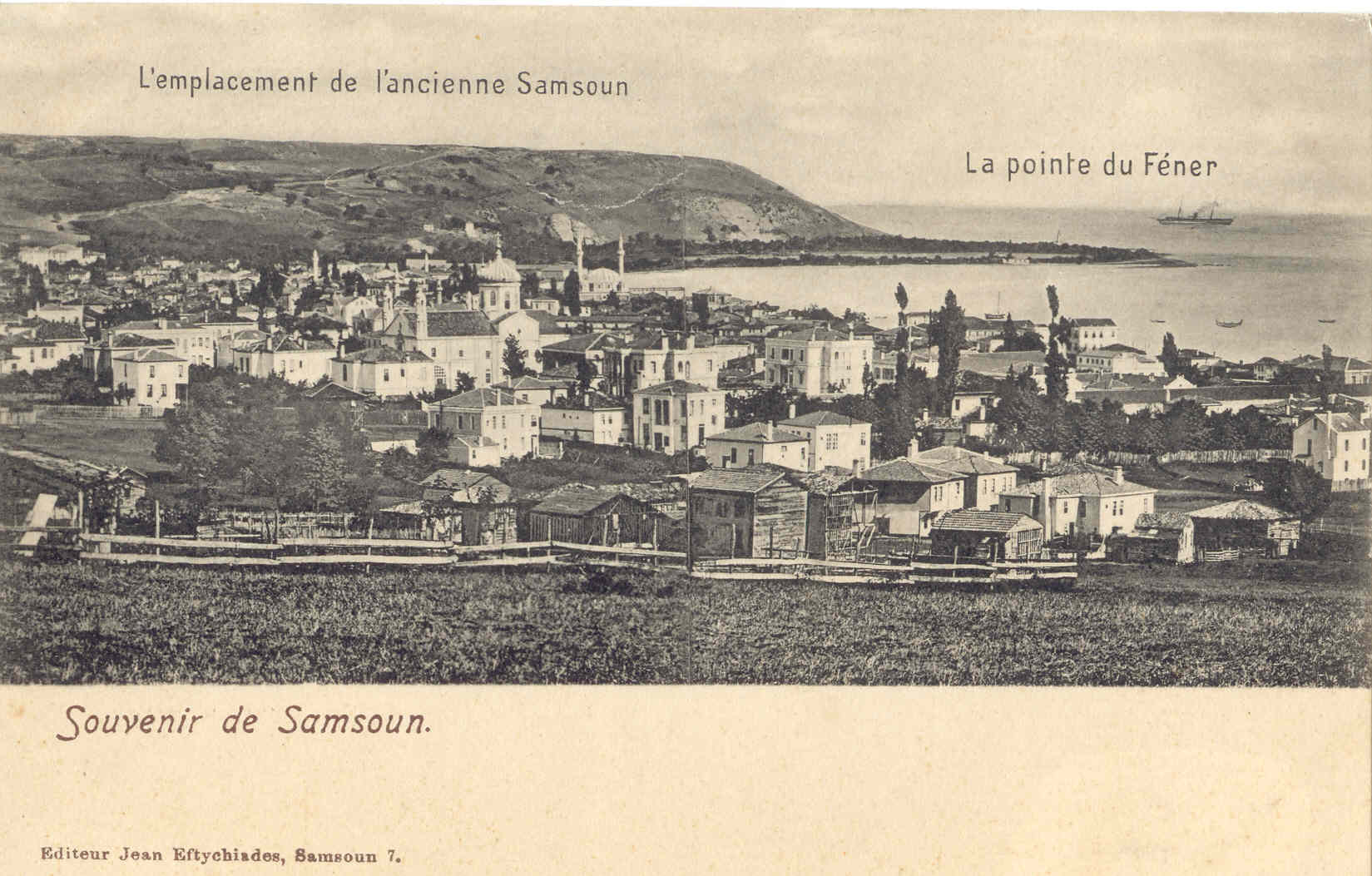For the Greeks the Dark Age began to dissipate about 850 B.C., with the renewal of contact between the main land and the Near East. Phoenicia, whose trade continued briskly, lay close to the Greek island of Cyprus, where Mycenaean culture had continued after the Dorians had destroyed it on most of the mainland. Objects from
Phoenicia began to appear in mainland Greece; the earliest traces of the Phoenician alphabet as adapted to the writing of Greek are now dated about 825 B.C. New styles of pottery also testify to the renewal of communications. Greece proper now received the Homeric poems, first composed in the Ionian Greek settlements of Asia Minor.
In Greece, people looked back through Homer and the poet Hesiod to a time they thought of as far more heroic than their own, and this sense of a heroic past emboldened them to new acts of heroism. Hesiod, in his Works and Days, written in the seventh century B.C., set down proper rules for the small farmer and scolded his own brother, who had tried to grab more than his fair share of the family estate. His farm was infertile, the climate bad, and the behavior of people had degenerated, Hesiod felt, since the good old days.
Hesiod also wrote a genealogy of the gods (Theogony), giving the traditional view of how the universe had come into being; the gods were the children of earth and heaven and had themselves created humankind. Preaching justice, both human and divine, Hesiod’s verse reflected the religious ideas of the Greeks in an early phase. Hesiod’s concern for the farmer also reflects the fact that the great majority of ancient populations made their living through farming.

